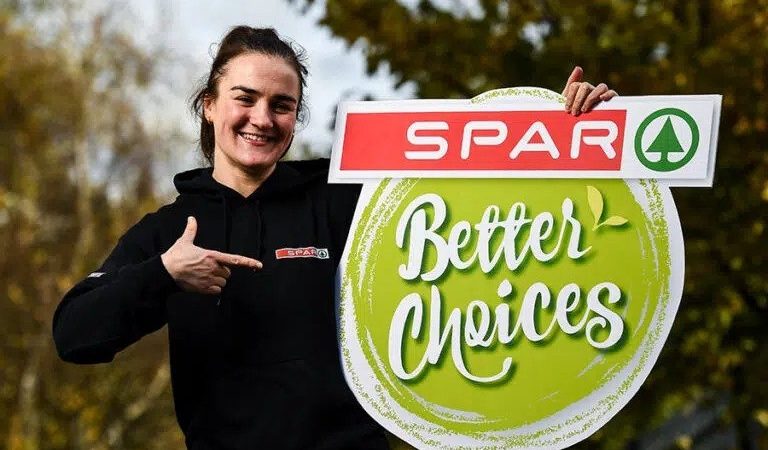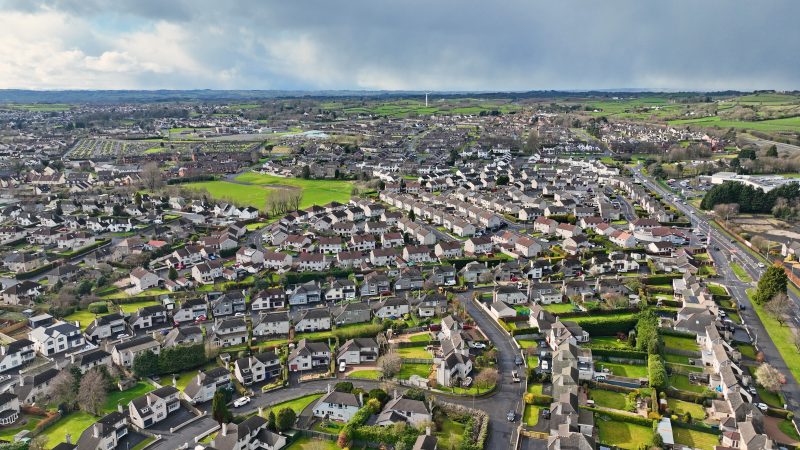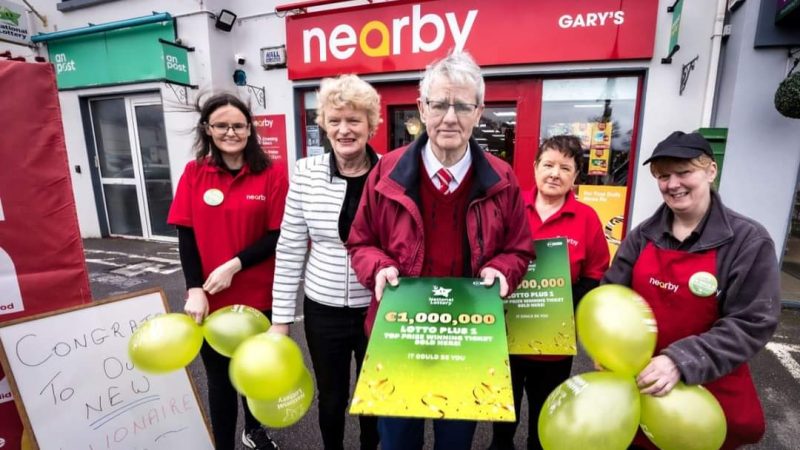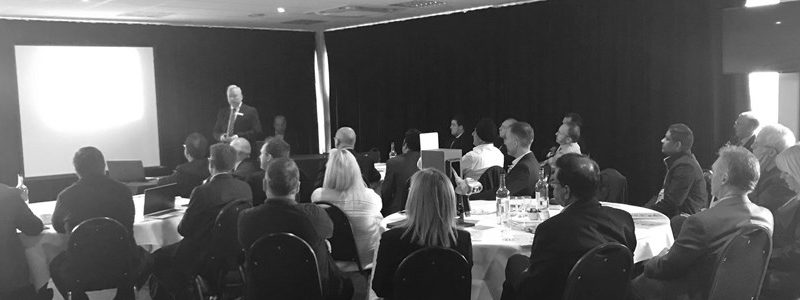Petrol Retailers Association on intensive visit to Northern Ireland following hectic media round at height of UK fuel crisis
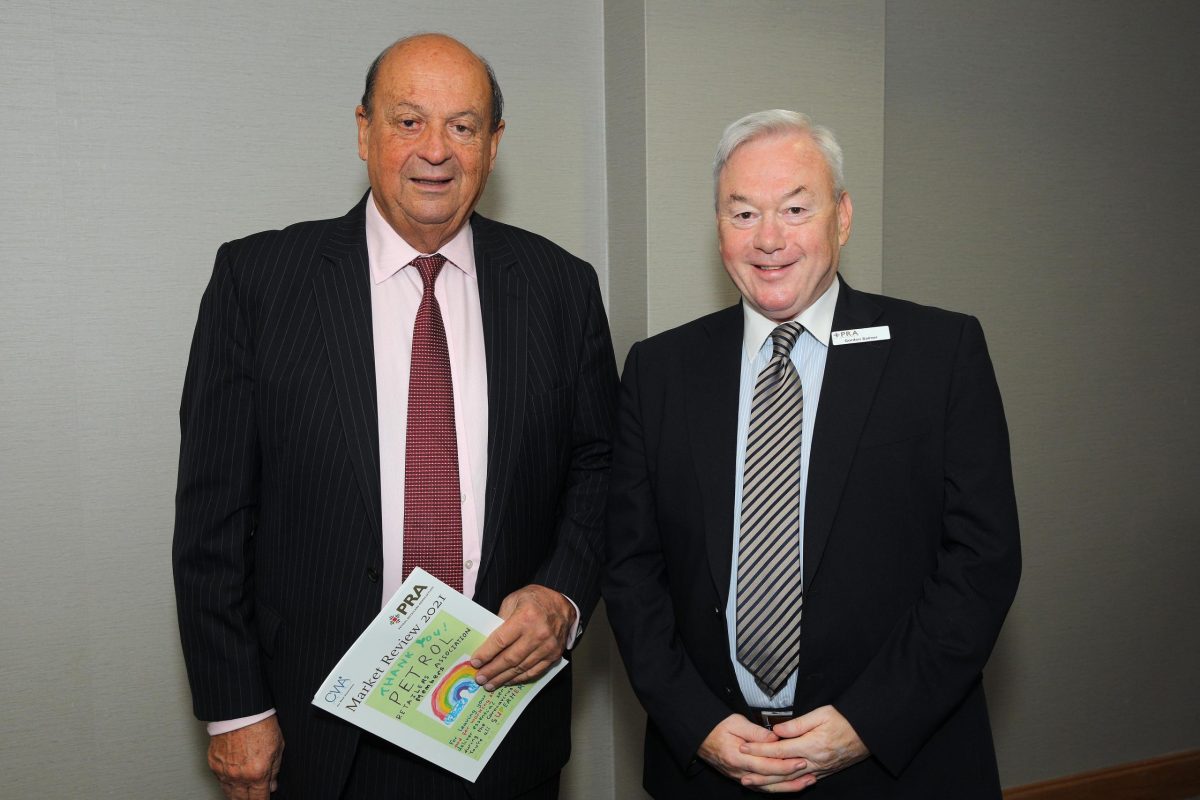
The Petrol Retailers Association has topped off a busy few weeks with an intensive visit to Northern Ireland to industry reps and government departments.
PRA executive director Gordon Balmer told industry reps at its Business Breakout session at the Crowne Plaza hotel that the group has fielded more than 100 media interviews over the course of the fuel crisis, including outlets in Australia and the US.
During a visit to Northern Ireland with outgoing PRA chairman Brian Madderson, he explained the background to the fuel crisis and how confidential remarks at a Cabinet meeting were leaked to media, sparking a round of panic-buying.
He revealed that pump prices had hit their highest level since September 2013, with wholesale price rises of more than 4p/litre week on week during the height of the crisis, and warned against the wisdom of the Government increasing fuel duty in November.
Updates
Mr Balmer updated reps on the demographics of Northern Ireland’s market – of 571 sites, 61 are owned by the supplying oil company, 472 are dealer-owned and 38 are operated by multiples.
During the year, the PRA has been lobbying government over the Road to Zero strategy, ATMs and the future of cash and forecourt crime drive-offs.
This week, the PRA has been in a series of meetings with Stormont departments, discussing a variety of issues, including road fuels, organised crime, the introduction of E10, EV charging and the need to improve infrastructure, business rates and fuel laundering. The PRA also met with the PSNI to discuss forecourt crime.
Mr Balmer said the group had been talking to the DVLA and the government about the importance of being able to extract keeper’s details in a timely manner after a driver has left the forecourt without paying.
Many police forces don’t deal with this type of crime, so some UK forecourts have been working with Forecourt Eye – but their efforts are hampered if they can’t get timely details about the vehicle keeper and the crime may have to be written off.
Human trafficking
Meanwhile, Mr Balmer said the PRA had been talking to the Department of Justice about human trafficking and slavery and the issue of hand car washes.
The Car Wash Association is concerned about non-compliant hand car washes and has warned fuel retailers who allow a third party hand car wash to operate on their site of the steps they need to take to ensure that there will be no threat to their own reputation, including having a legally binding lease, planning consents including operational days and times, no labour abuse, and valid Right to Work documents.
Mr Balmer also discussed the latest business rates revaluation in Northern Ireland, pointing out that questionnaires are now available on line and responses must be back to LPS by the end of December.
Transformation
The pandemic has transformed UK forecourts, with fuel retailers increasing their focus on non-fuel categories, Mr Balmer said.
Fewer than 1 in 10 of their shoppers during the pandemic were there on a fuel mission, and the pandemic saw many forecourts operate as standalone convenience stores, with sales of ambient food and chilled ready meals key to that success.
Forecourts are ideal for price-marked promotions, and operators are now utilising apps, allowing them to get to know their customer base better, he said.
The meeting also heard from Adrian Tallant from Eurotank, comparing techniques for cleaning fuel tanks; Kristine Moore from Henderson Technology, who discussed the latest developments in PoS technology and how they can help stores, and Julian Eiers of Edge Petrol who revealed how the company can help forecourts to analyse their data to maximise their fuel pricing strategy.



